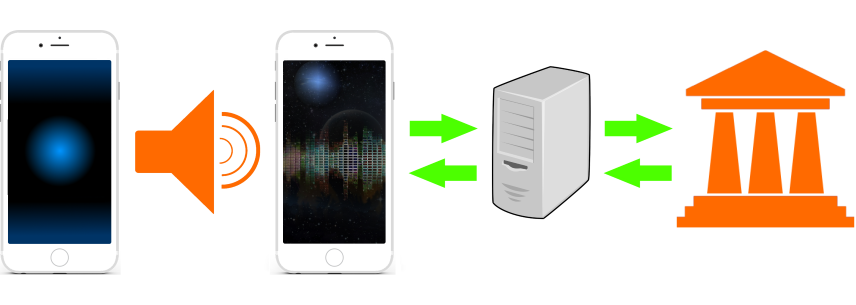|
P600
LOADING...
#Why Not Use Biometrics Or A PIN To Verify Your Identity Online
#Why not use biometrics?
It is tedious to re-enter biometric data every time you log in, which unnecessarily complicates the login process.
It may be "fancy" to offer such a service today, but it does not bring any qualitative progress - quite the opposite.
Even when generated and stored locally, no one guarantees that your biometric data won't end up on a remote server at some point without your permission as the user and owner, as such applications usually work secretly in the background.
#Using voice and photo as proof of identity
#What about fingerprints?
A fingerprint is more accurate information, but it is also visible on other media. For example, on the back of a biometric ID card.
Fingerprint theft can cause a lot of problems and its use should be strictly limited.
#And what about PINs?
A PIN is shorter than a password and easier to remember. A PIN is accurate and can be used for calculations and precise data processing. Unfortunately, the use of PINs leads to other problems.
While you are typing a PIN, someone can see what you are typing or record you with a camera, just like when typing a password.
Also, the mere fact that when logging into the system, it is necessary to enter some other information besides the username does not contribute to its popularity.
And if a PIN is used for encryption, such a code is quite weak.
#What if your device is stolen?
Proponents of using biometric data for identity verification purposes often find an excuse by asking, what if someone steals the device?
The answer is very simple: the private key does not necessarily have to be on the device you are logging in from, but can be transferred there as needed, and then removed when finished.
For example, the device is a computer, and the private key is stored on a USB stick that is connected to the computer.
Besides the fact that they usually don't even mention the option of storing private keys on the device itself (according to them, keys should be stored "in the cloud", because it's supposedly safe there), your device is still the safest place to store sensitive data.
Of course, provided that you don't have any spyware installed, but who guarantees that it's not installed "in the cloud"?
Although the private key is sensitive data in itself, it is certainly safer to use than biometric data, which is by far the most sensitive and confidential data and should be avoided at all costs.
|
